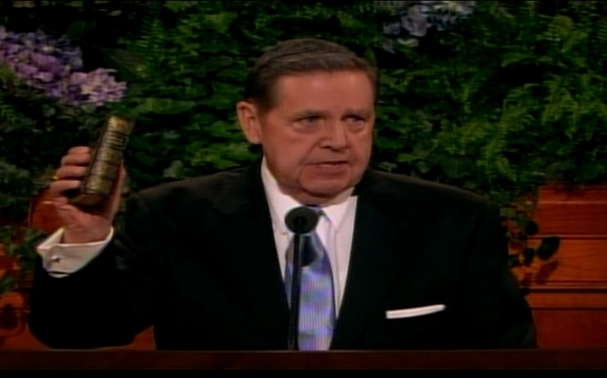 The talk I decided to analyze was given by Jorg Klebingat in the Saturday afternoon session of General Conference entitled “Approaching the Throne of God with Confidence” and I’m going to compare to the talk given by President Uchtdorf entitled “Lord, is it I?”.
The talk I decided to analyze was given by Jorg Klebingat in the Saturday afternoon session of General Conference entitled “Approaching the Throne of God with Confidence” and I’m going to compare to the talk given by President Uchtdorf entitled “Lord, is it I?”.
Elder Jorg Klebingat immediately surprised be because he was speaking in English with his clearly foreign name, considering the change of format and allowing speakers to use their native languages, but he didn’t despite the slight accent. He is from Germany which naturally gave him connections to to President Uchtdorf. Both are very competent in english, and very adept speakers despite the slight accent in their voices. They are both very concise in their statements, which makes their purpose and meaning so very clear. Having learned a foreign language myself, I fill at times it makes you simplify what you are going to say so that you get straight to the point so that no meaning is lost, because that is the most important thing. If you make it too complicated, then obviously your meaning is lost.
This also allows both of them to speak with boldness and confidence in their words. Neither got overly emotional, but instead kept a very calm and collected tone throughout. They both told stories, it illustrate the points that they are trying to make. These stories are also concise enough so that you don’t forget the reason that they are probably telling the story for. The best thing about both of these speakers is simply their simple word choice. They use simple words, so that understanding is immediate. This keeps the attention of everyone in the audience and not just the english scholars.






